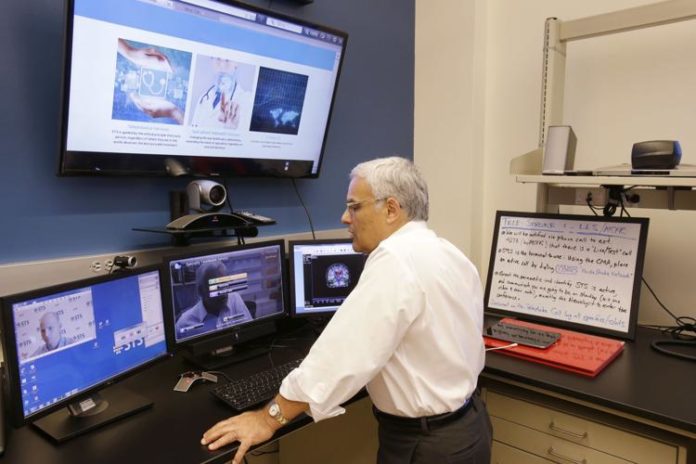In the early 2000s, Dr. John Goodman, the father of Health Savings Accounts, used to ask why it was that we would get emails from our local liquor store but not from our doctors.
Fast forward to 2022, and a pandemic later, we now get emails from our doctors. A lot had to change, but doctors were finally getting paid for telemedicine. The change was slow and took a tragic set of events, but it eventually happened. The rest of healthcare must eventually follow, but the path for that change is unclear.
What we know is that someone, or some groups of people, will likely have some cutting-edge ideas. They will have to pursue those ideas and business models. And they will face adversity, and attacks from the powers that be telling them that they are doing it wrong, what they are doing is impossible, and that it doesn’t help line their pockets. They will be considered weird and strange by both their peers and the market. What we need are entrepreneurs to lead the way: healthcare revolutionaries.
Fortunately, there are some of these crazy people already out there – leading what is likely the future of the next healthcare revolution.
There is Dr. Keith Smith of the Surgery Center of Oklahoma, who – fed up with the status quo – started posting his prices online. There is Dr. Josh Umbehr, who – seeing the high burnout rate of his elder peers – decided to pursue a newer business model that let him take care of his patients – instead of insurance companies. There is Juliette Madrigal, who – fed up with the state of healthcare – just started a cash-only practice that she can fully control. These leaders have now had others take up their business models and begin spreading these models. These doctors from different areas of the healthcare system can deliver at least some aspects of care for 90% less than their mainstream competitors – and they can do it while providing higher quality.
It doesn’t stop there; the employer side of the market is starting to react. Higher and higher healthcare costs are making employers face tough choices. They can pay more for the same care – putting pay increases into healthcare instead of their employees’ pockets. They can seek less coverage exposing their employees to more risk. Or employers can seek out entrepreneurial solutions.
Service providers like Jay Kempton, a third-party administrator out of Oklahoma, created a model where employees of his customers pay $0 copays if they go to certain providers – like the aforementioned Keith Smith’s Surgery Center of Oklahoma or the now numerous others that have now adopted Keith’s business model. Some teacher unions have now followed suit. And others are following in Jay’s footsteps, creating insurance models where clients pay $0 if they go to certain places.
Now that these models exist, all that is left is for the market to start adopting them.
This change is going to take time – but it currently hinges on the education and awareness of both doctors and employers. Doctors need to know that these alternative models exist – and pursuing them can be more lucrative and effective (they actually get to spend time with their patients). Employers need to understand that although the prices can be a magnitude less, the service is even higher.
The healthcare market is so broken that it is one of the only places that you can currently get more for less.
Fortunately, this message is starting to catch on, and there is even one organization that is actively trying to get these two groups together: the Free Market Medical Association. It is like a singles bar for revolutionary healthcare providers. Practices that are interested in finding out how to leave the control of the healthcare insurance cartels while still being able to pay the bills. Employers figuring out how to continue giving their employees access to quality healthcare without continuing to pay the bigger and bigger slice taken by healthcare middlemen. FMMA’s annual meeting is May 12-14th in Ft. Worth, Texas, this year, and it is always a room full of these revolutionaries – and people seeking solutions.
The prices in healthcare are out of control. The healthcare system is broken. In large part that is the government’s fault, but it is also complacency of both doctors and employers who aren’t yet willing to innovate. However, as the market starts changing and hospitals start losing more money to reformers like Keith, more companies and their employees are happier with Jay’s $0 copay, and healthcare costs keep increasing, more and more changes will happen.
Hopefully, we don’t need another pandemic to complete this change – we just need a few crazy entrepreneurs to lead the way.
Charles Sauer is the president of the Market Institute and the author of Profit Motive: What Drives the Things We Do.
Republished with the permission of The Center Square.














